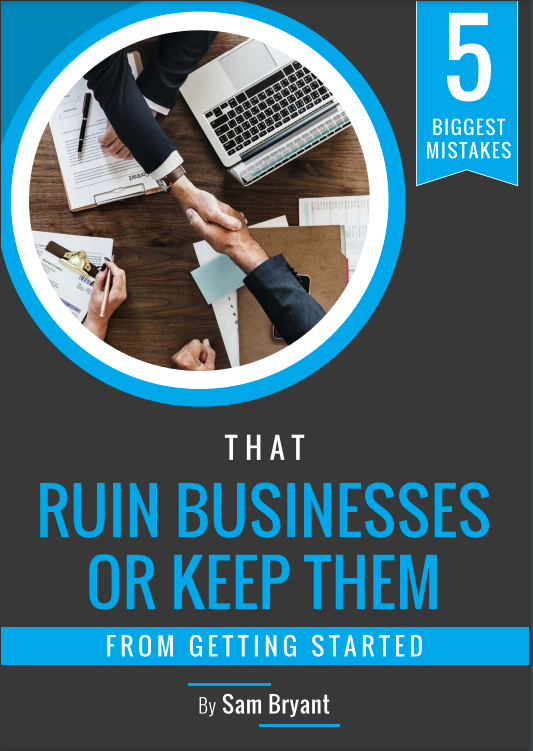Some of the most widely known and successful companies never make a single product or provide any services. Consumers will never cut a check to these companies. How can this be? Well, the reason for this is due to the existence of holding companies.
Holding companies are businesses that exist to hold assets. These assets can include hedge funds, intellectual property, and even (or especially) other companies. Businesses owned by holding companies are often referred to as “subsidiaries.” There is no limit on the type of company that can be held by a holding company; for example, a corporation may well be the holding entity of another corporation.
Tax Advantages of Holding Companies
There are a few tax benefits to forming a holding company and having your various businesses and investments simply pay dividends to the holding company. This is afforded to owners of holding companies through Subsection 112 of the country’s tax code. The benefit here is that the dividends paid to the holding company do not create a tax liability (as the dividends would if they were simply paid to an individual). Those dividends could then be paid to shareholders of the holding company in a more tax-efficient manner (or re-invested in another subsidiary).
Another tax advantage of holding companies is the ability to offset losses of one subsidiary against the profits of another subsidiary. This can result in each subsidiary enjoying a lower tax liability. Subsidiaries that are 100 percent (wholly owned) by a holding company may not be obligated to pay taxes on profits; instead, revenue will flow to the holding company.
Example of a Holding Company
There are few investors more famous than Warren Buffett. His holding company wholly owns widely recognized brands like Fruit of the Loom, Duracell, GEICO, and Dairy Queen. Additionally, it owns substantial minority holdings in American Express, Apple, and Coca-Cola. These brand names are likely more familiar to American consumers than Berkshire Hathaway, the holding company that actually owns stock in the companies.
Buffett’s holding company operates several dozen subsidiaries that do business in a wide variety of industries. It wouldn’t be prudent to offer insurance policies and produce newspapers under one company. The newspaper industry is in decline; through the holding company ownership structure, Berkshire Hathaway is able to be relatively insulated from losses of its media companies (like the Omaha World-Herald and Business Wire).
Conclusion
Tax benefits are but one reason that holding companies are attractive for serious entrepreneurs in the U.S. To find out more benefits of holding companies, check out our short video on the subject here. If you’d like to discuss your options with our business-minded legal team, call us at 954-282-9331 to receive a business strategy session.
ventus
Latest posts by ventus (see all)
- The Role of a Business Attorney in Estate Planning - October 13, 2022




